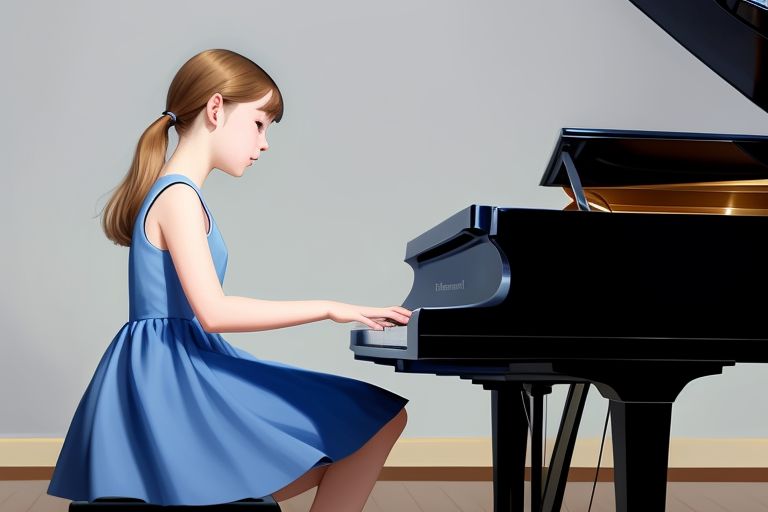I had just finished a familiar tune—a gentle piece from the early 20th century. One of the residents, a woman I’ll call Mary, was sitting nearby listening. I knew Mary’s story: she had been experiencing severe memory loss for several years, often unable to recall the simplest details about her day. In fact, just before I began playing, she had asked one of the staff members when her children were coming to pick her up, something she did nearly every day. Her children, of course, weren’t coming that day—they hadn’t visited in some time, but Mary would ask repeatedly, always certain they would arrive soon.
As I played the final notes of the song, Mary, had stiffly called me over. I moved over, crouching down next to her wheelchair. She began to speak. At first, I wasn’t sure what she was saying. Her voice was soft, and she seemed almost unsure herself, but as she continued, it became clear that she was recalling a memory from her youth.
One that had apparently been locked away for years.
“I was about 16,” she said, her voice growing a slight edge. “I was on stage at a recital wearing this beautiful blue dress. I thought I looked so elegant, so grown-up. But then, right in the middle of the performance, I heard it—the sound of my dress ripping.”
She paused, as if she was reliving the moment right there in the elder care home. Here was a woman who, just a few minutes earlier, had trouble remembering what day it was, now recalling an event from over 60 years ago with incredible clarity! She described her embarrassment, standing in front of a full audience with a ripped dress, trying to cover the tear and continue her performance. She even remembered the look on her teacher’s face, and how the audience had gasped before erupting into applause.
It was as though the music had unlocked a part of her mind that had been dormant for years. I was in awe.
How was it that Mary could remember this story from so long ago? Why had this particular memory surfaced, and why at that moment? And, most importantly, what role had the music played in this?
The music seemed to act as a bridge. While her short-term memory was fragmented, her long-term memory remained intact. The music seemed to tapped directly into those long-forgotten emotions and experiences.
What makes this even more fascinating is that, Mary quickly returned to her usual state of confusion. It was as if the memory had surfaced temporarily, sparked by the music, only to disappear again once the moment had passed.
As I continue my journey of playing the piano in this elder care home, I carry with me the memory of Mary’s story.

Beautifully written Reva. Very compelling and well-crafted piece that effectively communicates the transformative power of music in elder care settings.